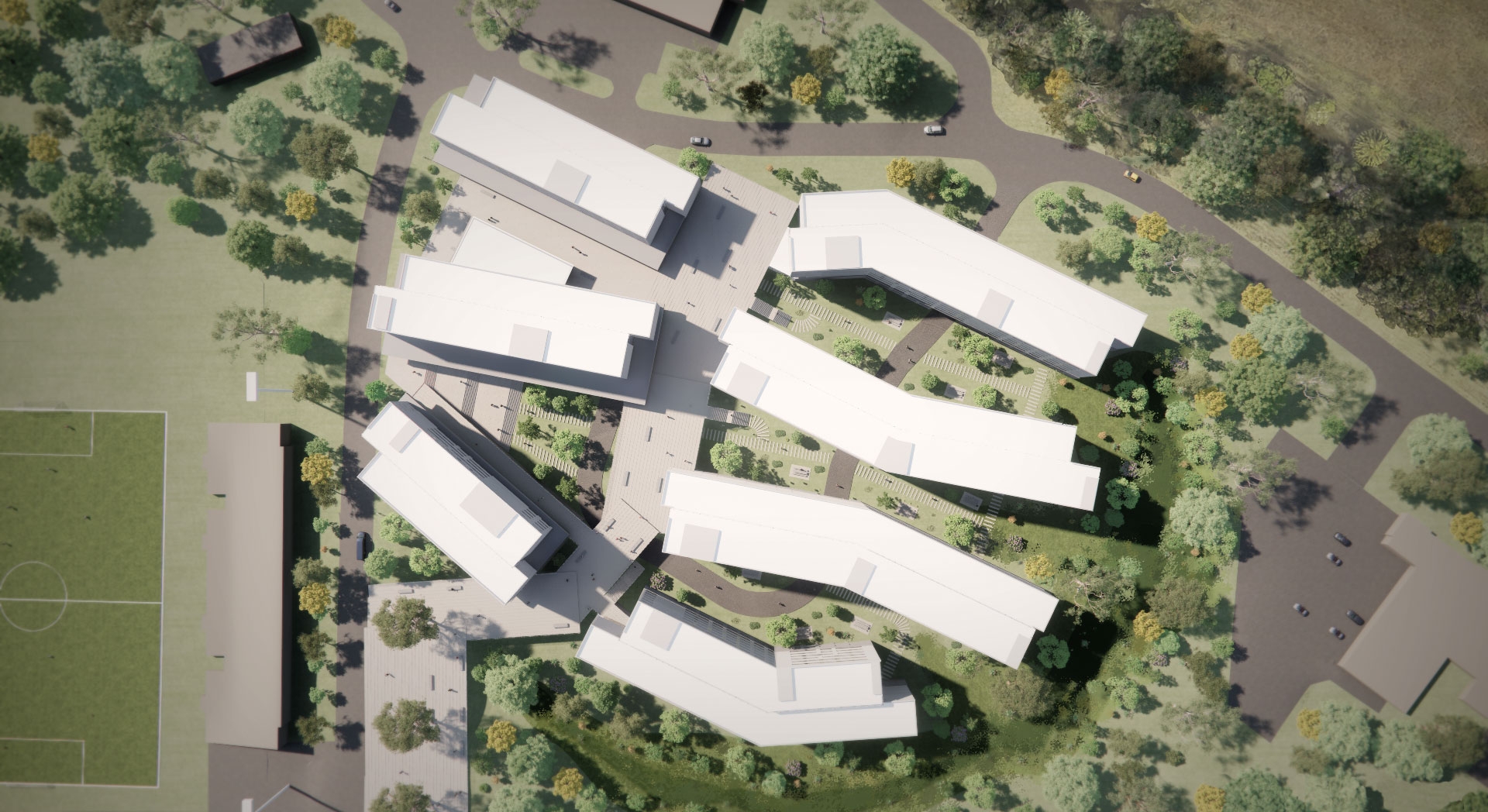Grad Slam: Research Distilled
Aubrie Adams used teacher-to-student emails to highlight the optimal number of emoticons for students to perceive teachers as both competent and caring. Matt Cieslak created an algorithm to analyze wiring in the human brain, comparing imaging of people who stutter with those who don’t.
Adams and Cieslak, graduate students in communication and psychological and brain sciences, respectively, were among 64 three-minute research presentations featured at UC Santa Barbara’s 2nd annual Grad Slam, whose tagline is “Research Worth Sharing.”
But it was James G. Allen, whose research uses satellite imaging to model ocean ecosystems, who came away with the top prize of $2,500. Allen survived preliminary and semi-final rounds to compete against nine other graduate students in the finals April 18.
“I needed the kind of practice necessary to do an effective three-minute talk,” said Allen, a doctoral student in the Interdepartmental Graduate Program in Marine Science. “Grad Slam was the perfect opportunity to get some lessons in that. It was great because one of my goals in the future is to be able to communicate science to the public.”
Runners-up Deborah Barany and Damien Kudela, graduate students in dynamical neuroscience and chemistry, respectively, each received $1,000 for their research. Barany analyzes fMRI data to study the regions in the brain responsible for voluntary action. Kudela’s research focuses on using nanoparticles to deliver clot-accelerating drugs to internal bleeding sites.
A panel of six judges selected the grand-prize winner and the runners-up. The judges were California State Senator Hannah-Beth Jackson and, from UC Santa Barbara, Gene Lucas, former executive vice chancellor and professor emeritus of mechanical engineering; Michael Witherell, vice chancellor for research and professor of physics; Denise Stephens, university librarian; John Wiemann, former vice chancellor for institutional advancement and professor emeritus of communication; and Sarah Cline, professor emerita of history.
“This really showed the breadth of research across campus,” said Witherell. “It’s really great training for these students, not only as they become teachers, but — as one of the students said during the question-and answer period — you don’t really understand what you’re doing until you have to explain it people who don’t do it. I think that is actually something very, very important about doing something like this.”
Overall, more than 30 areas of study were represented, covering a variety of arts and humanities disciplines as well as many areas of science and engineering. Linguistics was represented by two finalists, one who studies the dying languages of Siberia and another who works in Papua New Guinea describing certain languages for the first time.
UCSB’s Grad Slam came about last year as an effort to better profile graduate students and to raise their visibility on campus. “We wanted to make a more cohesive graduate student community,” said Carol Genetti, dean of UCSB’s Graduate Division. “We want them to identify with the institution in a meaningful way beyond the boundaries of their labs.”
Last year, the inaugural Grad Slam earned the Award for Excellence and Innovation in Graduate Education, which is presented annually to one member school by the Western Association of Graduate Schools and Educational Testing Service. Genetti traveled to Fargo, N.D., in March to pick up the $2,500 award and to give a workshop on how to stage a Grad Slam.
“There were a lot of people who had already started or were thinking of putting on something like Grad Slam,” she said. “We had produced materials about the logistics and what it required to do a three-minute talk and how to handle judging. I also talked about some issues that came up last year and how we resolved them. It was a really productive, fun and exciting workshop.”
UC San Diego held its first Grad Slam this year, modeled after UC Santa Barbara’s competition, and UC Riverside is also interested in holding one in the near future. “If we could get other campuses to put on similar events and have it spread UC-wide, that would be wonderful,” said Genetti. “Each school could send two or three finalists to compete in semifinals and finals. I would love to host the first one here.”








